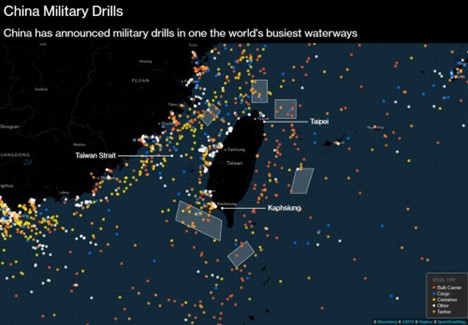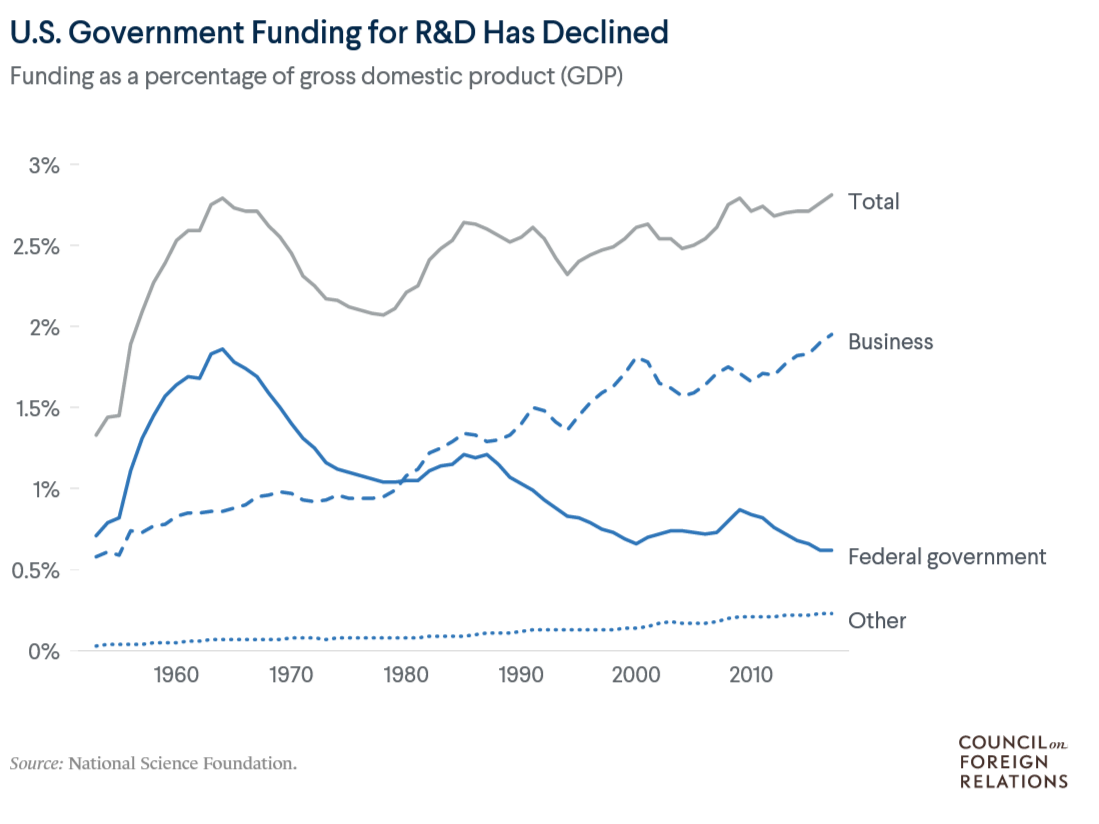The Daily Escape:

Joshua tree in bloom, Joshua Tree National Landmark SW, UT – March 2023 photo by Lisa Simer
We’re back at the Mansion of Wrong after a few lovely days in St. Helena, CA. Surprisingly, it seems that lots of things happened while we were away. From Heather Cox Richardson:
“So, for all the chop in the water about the former president facing indictments, the story that really seems uppermost to me today is the visit China’s president Xi Jinping made today to Moscow for a meeting with Russia’s president Vladimir Putin.”
In 2015, shortly after Russia intervened in the Syrian Civil War, Wrongo asked a visiting Russian author who spoke at our local library whether Putin wanted to move Russia closer to the west or to the east. He said unequivocally that Putin was a product of the west and would keep Russia in the west’s orbit.
It’s clear that he was wrong. Russia has moved away from the west, possibly permanently. Earlier in March, Wrongo said the following:
“The US is attempting to isolate both China and Russia. With Russia, we’re using ever-tightening economic sanctions. With China, we’re building a geographic containment strategy among our allies in Asia.”
And on Monday, Chinese President Xi met with Russian President Putin in Moscow. Here’s a meeting summary from the blog Institute for the Study of War:
“… [the meeting]…on March 20…offered a more reserved vision for Russian-Chinese relations than what Putin was likely seeking. Xi and Putin touted the strength of Chinese-Russian relations in their meeting…but offered differing interpretations of the scale of future relations….on March 19 Putin published an article in Chinese state media in which he argued that Russia and China are building a partnership for the formation of a multipolar world order in the face of the collective West’s seeking of domination and the United States pursuing a policy of dual containment against China and Russia.”
….Xi offered a less aggressive overarching goal for Russian-Chinese relations in his article published in Russian state media….in which he noted that Russia and China are generally pursuing a multipolar world order but not specifically against an adversarial West. Xi instead focused…on presenting China as a viable third-party mediator to the war in Ukraine….
David Ignatius concluded in the WaPo that the meeting was about:
“A strong China…bolstering a weak Russia….The Chinese aren’t providing weapons (yet), but Xi certainly offered moral and psychological support in what might be described as a get-well visit to an ailing relative….The paradox of the Ukraine war is that Putin’s bid for greater power in Europe has made him weaker. This diminished Russia will fall increasingly under China’s sway….Maybe that’s the biggest reason for Xi’s…visit: He is bolstering a flank against America and the West.”
China’s dominance over Russia will grow if Russia cannot find a way to end the war in Ukraine. Russia has lost its energy markets in Europe because of the invasion, so it must depend heavily on demand from China. China’s growing economic power in Asia coupled with its capabilities in space, cyber, and artificial intelligence will increasingly dwarf Russia’s.
Russia’s economy is concentrated on exports of energy. It also has a major population problem. The Economist reports: (emphasis by Wrongo)
“Over the past three years the country has lost around 2million more people than it would ordinarily have done, as a result of war, disease and exodus. The life expectancy of Russian males aged 15 fell by almost five years, to the same level as in Haiti. The number of Russians born in April 2022 was no higher than it had been in the months of Hitler’s occupation.”
More:
“…the life expectancy at birth of Russian males plummeted from 68.8 in 2019 to 64.2 in 2021, partly because of Covid…Russian men now die six years earlier than men in Bangladesh and 18 years earlier than men in Japan.”
And the Economist says the exodus of well-educated young people at the start of the Ukraine War also hurts Russia’s future. According to its communications ministry, 10% of IT workers left the country in 2022. Many were young men, further skewing Russia’s unbalanced sex ratio. In 2021 there were 121 females over 18 for every 100 males. More:
“Demographics is rapidly making Russia a smaller, worse-educated and poorer country, from which young people flee and where men die in their 60s.”
As Wrongo said, separating China from Russia used to be a central goal of US foreign policy. The Biden administration tried that strategy in reverse: Warming relations with Moscow at the June 2021 summit in Geneva in part to concentrate on the challenge China presented.
How did that work out?
Now it’s China trying the role of triangulator. Xi’s playing off the split between the US and Russia, helping Putin, but also keeping some distance while building China’s bona fides with the third world.
Xi’s also used China’s close relations with Iran to make a diplomatic breakthrough between the Saudis and the Iranians, something that the US could never achieve.
We seem powerless to blunt what’s happening before our eyes.
And all the while, the Republican Party of the world’s greatest superpower argues about drag queens and wokeness.
Wake up America! Check out what China, Russia, Iran and Saudi Arabia are building for us. You’re not going to like it.





